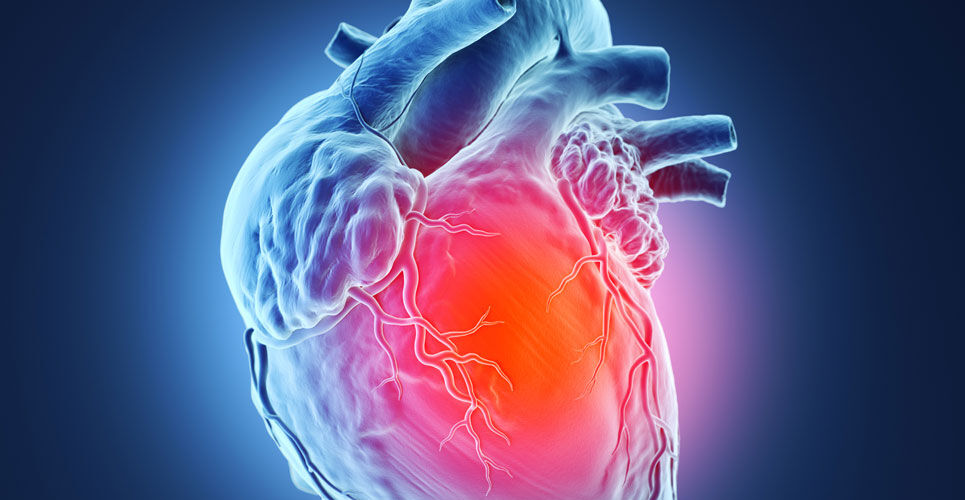The use of a novel angina gene therapy that enables expression of human vascular endothelial growth factor, leads to improvements in exercise capacity and a reduction in episodes of chest pain in those with refractory angina, according to a press release from the manufacturer, XyloCor Therapeutics.
Patients with refractory angina continue to experience symptoms despite maximal drug therapy. Current treatment options for such patients include ranolazine with trial data suggesting that the drug improves exercise capacity and additional relief of anginal symptoms in those prescribed atenolol, amlodipine or diltiazem. Nevertheless, real-world data has been disappointing. For example, one study found that the drug failed to reduce the composite of ischaemia-driven revascularisation or hospitalisation without revascularisation in those with a history of chronic angina and who had incomplete revascularisation after percutaneous coronary intervention. Consequently, there remains an unmet need for patients with refractory angina.
The press release relates to the Phase II arm of the EXACT trial, designed to assess safety of XC001 (encoberminogene rezmadenovec), which represents an angina gene therapy which is administered by a transthoracic epicardial procedure, i.e., direct intramyocardial administration. It is anticipated that XCC01 will enable expression of human vascular endothelial growth factor and thus induce angiogenesis. In short, XC001 represents a one-time gene therapy with the aim of creating new blood vessels and thereby reducing ischaemic burden in the heart. In phase 1 of the trial, 12 participants with refractory angina, underwent mini thoracotomy with 15 epicardial injections of increasing doses.
While there are no actual data in the press release, it does indicate that the angina gene therapy reduced ischaemic burden and improved total exercise duration. In fact, 6 months after treatment, nearly half of the patients were able to undertake physical activity without this causing angina.
The company now hopes to continue work with XC001 and is currently finalising the design of an upcoming trial.

